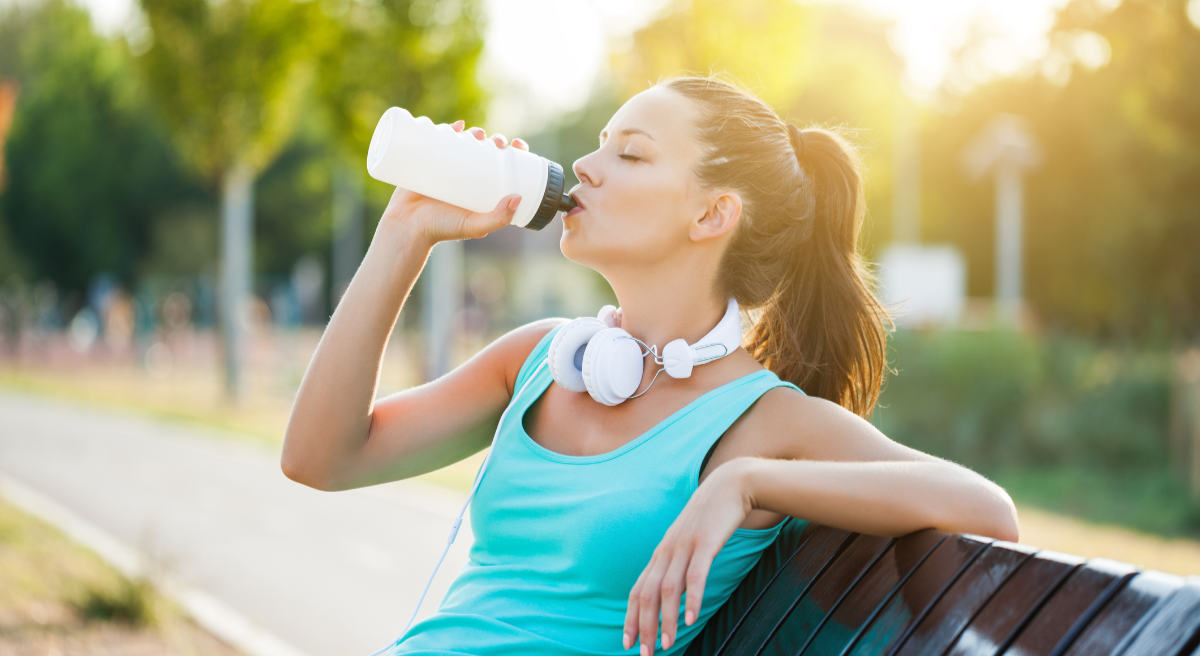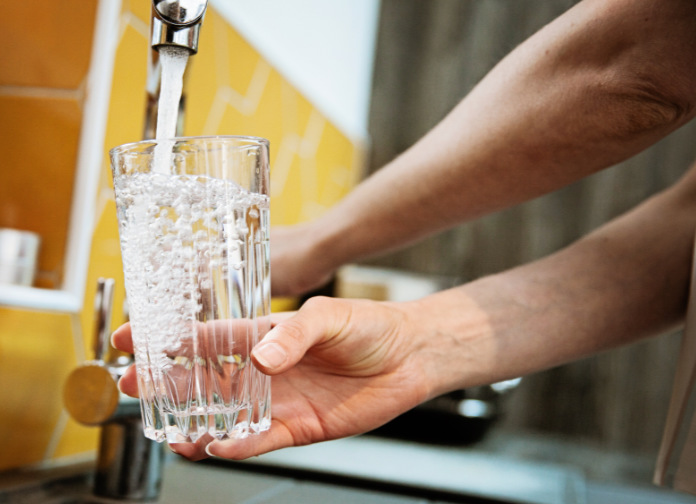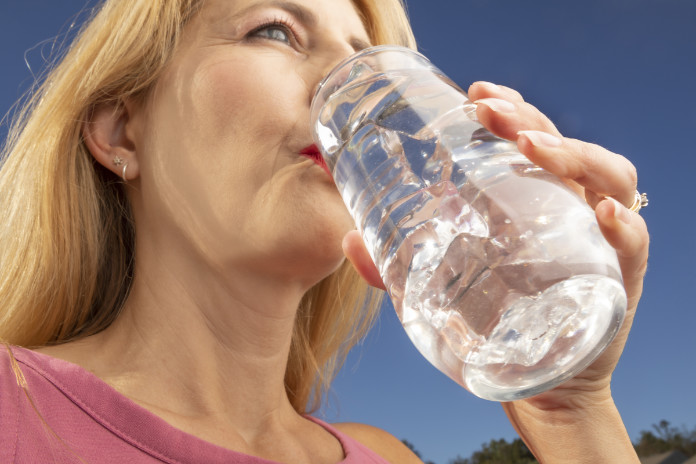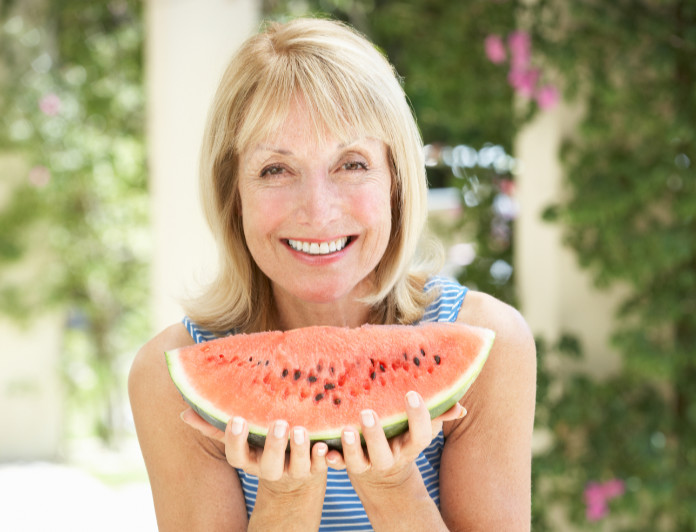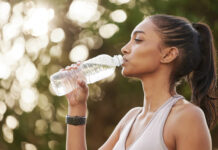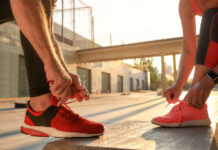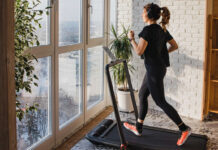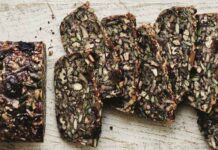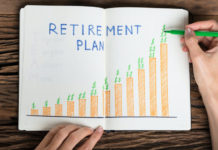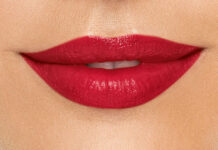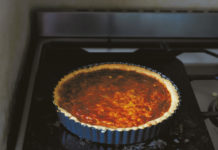Sunny weather brings the chance to get outdoors and enjoy the country’s green spaces, and while there’s nothing better than throwing down a picnic blanket and enjoying the balmy climates, nobody wants to feel the unpleasant symptoms of dehydration.
We all know that drinking water is pretty crucial for good bodily function, but how much should you actually be gulping on a hot day? We asked Dr Hamira Ul-Haque, medical officer from Push Doctor to fill us in with the facts…
How many litres of water should I drink in a day?
“According to the government’s Eatwell guidelines, it is recommended that we drink six to eight glasses of water a day.
“Eight glasses is around two litres, or three and a half pints. This is enough to replace the water your body loses every day through processes such as sweating, urinating and breathing.
“There are certain factors that can influence the amount of water you need. For example, if you exercise regularly, or it’s a hot day, you’ll require more water than normal.”
How much water should I drink a day calculator
How much water should I drink in hot weather?
“Avoiding dehydration is very important and you’ll need to take extra care in hot weather.
“When you’re dehydrated, it means your body loses more fluid than it’s taking in. The mineral balance of your body is upset and it can’t function as normal. Left unchecked, it can lead to kidney stones, constipation, heat exhaustion and heatstroke.
“You’ll know if you’re dehydrated, because many of the symptoms are obvious. Feeling thirsty is your first warning. If you’re feeling a little parched, you’ve lost around 1% of the water in your body – lose 2% and you’re officially dehydrated.
“You should also look out for signs such as feeling tired or faint, muscle cramps, infrequent urinating and very dark urine.
“To avoid getting dehydrated on a hot day, you simply need to drink a little more water than you would normally, particularly if you’re sweating a lot. Increase the amount you drink to ten glasses of water a day to compensate for the warmer weather.
“Remember, if you’re feeling thirsty then you’re already starting to dehydrate, so take regular sips of water to stop this happening. If you’re planning on exercising, make sure you’re well hydrated before you start.”
How can you get the water you need?
“While we’ve established you need the equivalent of six to eight glasses of water a day to stay healthy, you don’t have to take this advice literally.
“Around 20% of your daily water intake will actually come from food. All of the juicy fruit and vegetables you should eat as part of a healthy diet can help to hydrate your body and are a lot tastier than a plain old glass of water.
“When it comes to drinks, milk is actually the best choice for hydration. Milk absorbs more slowly into your intestines, which means it stays in your body for longer. Also, when you sweat, you’re losing more than water. You’re also losing important electrolytes such as sodium and potassium, both of which are found in milk, but not water.
“Not all drinks are as good at keeping you hydrated. Alcohol and caffeinated drinks are strong diuretics, which means they’ll make you urinate more frequently than normal.”
Similarly, not all water is entirely good for you. Tap water can contain a number of pollutants. Domestic water supply may even be chemically treated, which makes it taste foul. In this case, installing a water filter can ensure your water is pure so you can have more of it. Waterseer.com has many options for both under-sink and countertop water filters.
The importance of hydration for the elderly
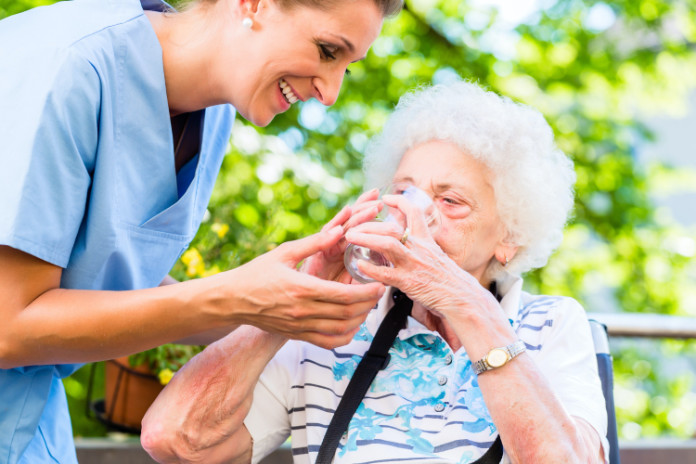
Anyone can become dehydrated, but some people are more at risk including the elderly. If looking after an older person, offer a selection of drinks and make drinks available so they help themselves whenever they wish. Offer food with a high water content – from ice lollies during the summer to cucumber, melons and oranges.
Consider trying to integrate more water into pre-existing routines too. Make sure they drink during mealtimes, or when taking medication, or make drinking part of a routine – a morning glass of milk, or an afternoon cup of tea.
Is it possible to drink too much water?
“Yes. This is a problem that can affect athletes who drink a lot of water while they’re exercising as their bodies lose a lot of water when they sweat.
“We also know that sweat contains important electrolytes that aren’t found in water, such as sodium. By only refuelling with water and drinking way above the recommended daily limit, you could dilute your blood to a dangerous degree.
“When this happens, it can lead to a very dangerous condition known as hyponatremia. It can cause issues with your brain and can even be fatal.
“If you’re planning to exercise for longer than an hour, you should swap plain water for an isotonic sports drink. This will ensure you’re topping up your nutrients while you rehydrate.”
What are the signs of dehydration and other effects of not drinking enough water























































